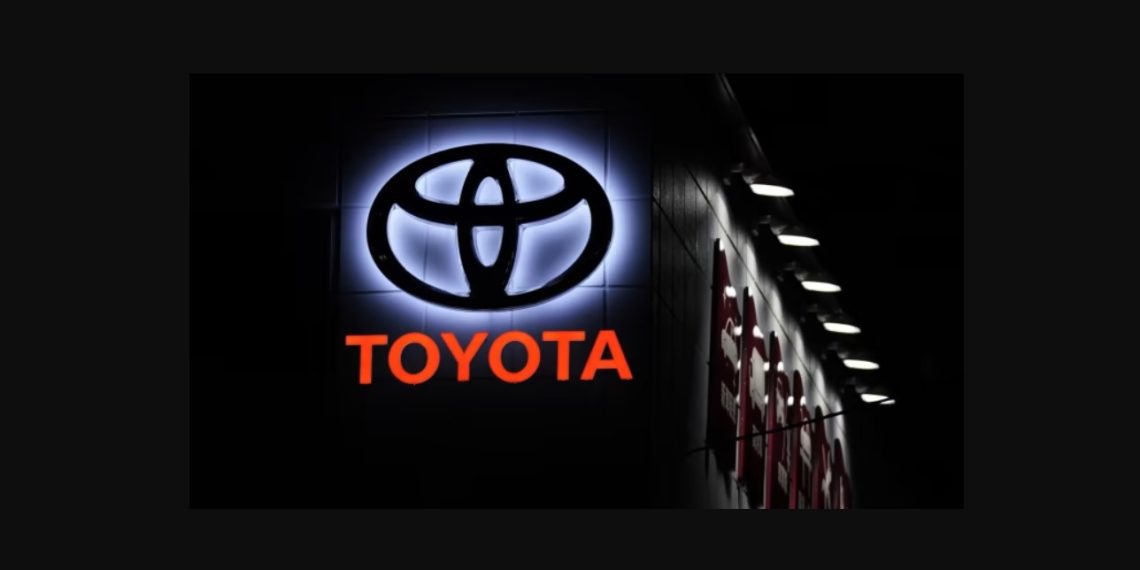In a groundbreaking move that underscores its commitment to the electric vehicle (EV) revolution, Toyota has unveiled a state-of-the-art EV production line in Japan, accompanied by a suite of innovative technologies. With this visionary leap, Toyota aims to catch up with its American and European counterparts in the fiercely competitive EV market. In this article, we explore the transformative features of this next-generation production line and the strides Toyota is making in the realm of EV technology.
Giga Casting: A Paradigm Shift in Vehicle Manufacturing
At the heart of Toyota’s cutting-edge production line is the game-changing giga casting technology, situated within the Myochi plant, an announcement made by the brand in June 2023. Giga casting represents a revolutionary approach, employing massive, single-piece castings for critical structural components of vehicles. This approach not only reduces vehicle weight but also enhances structural integrity while streamlining the manufacturing process.
Drawing upon its extensive expertise in molds for low-pressure molding and die casting, Toyota has seamlessly integrated giga casting into its production process. As a result, the traditionally time-consuming mold change process has been dramatically reduced from 24 hours to an astonishing 20 minutes, ushering in a new era of efficiency and productivity.
Precision through Proprietary Analysis Technology
Quality is paramount in Toyota’s pursuit of excellence. To this end, the company employs proprietary analysis technology to refine the casting process further. This innovation is designed to minimize the occurrence of defective products, raising the bar for production standards.
Modular Brilliance and Self-Propelled Production
Toyota’s commitment to innovation extends to the core of its EVs. The company adopts a three-part modular structure for the front, center, and rear of its EVs. This not only simplifies the manufacturing process but also bolsters productivity. A significant breakthrough is the concept of “self-propelled conveyance.” Finished EVs are autonomously guided through the assembly line by sensors at an exceptionally low speed, optimizing assembly line layout and enhancing flexibility.
Pioneering Solid-State Battery Development
Toyota’s vision for the future is characterized by groundbreaking advancements in solid-state battery technology. In June 2023, Toyota hinted at a solid-state battery capable of delivering an astounding 745 miles of range on a single charge, with a rapid 10-minute recharge time. The company is poised to introduce these cutting-edge solid-state batteries to the market by 2027-2028, promising a seismic shift in the EV landscape.
Toyota’s EV Roadmap
Under the dynamic leadership of CEO Koji Sato, Toyota has charted an ambitious course, including the launch of 10 new EVs by 2026 and an annual sales target of 1.5 million EVs thereafter. This roadmap encompasses the introduction of a three-row electric SUV manufactured in the United States, specifically at the Georgetown Kentucky manufacturing plant. Furthermore, Toyota is channeling an additional $2.1 billion into its North Carolina battery plant, reinforcing its commitment to green mobility.
While Toyota remains the world’s largest automaker by volume, it acknowledges the challenges it faces in the rapidly evolving EV segment. Nevertheless, Toyota’s unwavering dedication to innovation and substantial investments signify its determination to play a pivotal role in the electric future of the automotive industry.









































































































































